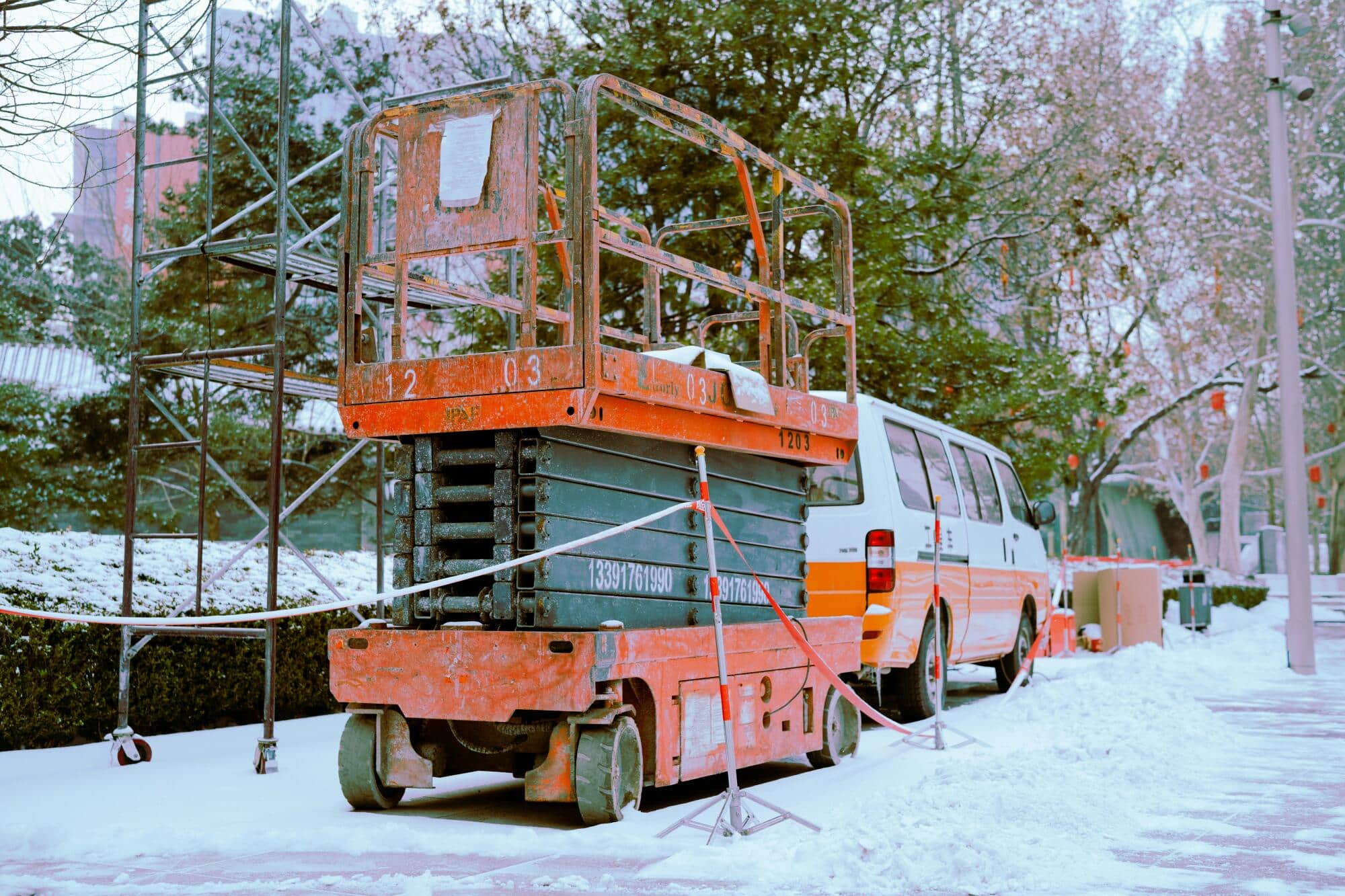As of 2023, America played host to more than 22,000 warehouse facilities. Many of these rely on forklifts and lifter trucks to move goods from one place to another within the facility.
What differentiates a lifter truck from a forklift, though? How do you choose the right lifting vehicle for the job? What makes for the ideal lifter truck?
We’ll cut through the confusion with this article. Keep reading to learn more about the different types of industrial vehicles you can use and what makes some more ideal than others for certain facilities.
What Differentiates a Lifter Truck and a Forklift?
Think of a lifter truck as a ball and a forklift as a football. Lifter trucks include a wide range of industrial vehicle options. While a forklift falls under the lifter truck umbrella, other types of lifter trucks aren’t always forklifts, even if you still need to be certified to operate these industrial trucks.
Some people use the term lift truck or lifter truck to refer to a smaller, more portable type of vehicle than the warehouse forklift. Others use it to refer to reach trucks, a related type of vehicle with some added functionality.
Choosing the right type of lifting vehicle for your warehouse means taking the time to look at the layout and the types of loads you deal with.
Types of Forklifts
A forklift includes a moving vehicle as well as a forked platform that can lower and raise itself. Forklifts come in stand-up and sit-down varieties differentiated by how operators position themselves while using the forklift.
Choosing between forklifts requires you to take a look at your storage facility. Standing forklifts perform better when you need operators to get on and off fast or work in narrow spaces. Seated forklifts offer speed and comfort.
Other Types of Lifter Trucks
Conventional forklifts don’t suit every application. These other types of lifter trucks will suit more specialized material transportation needs. These still work similarly to forklifts, so make sure any operators have forklift certification.
Reach trucks can reach deeper into racking systems and often reach higher shelves as well. The operation of a reach truck requires more skill than conventional forklifts. Forklifts can handle greater weights, so the reach truck may not suit heavy-lifting applications.
Telehandlers combine elements of cranes and forklifts. A large, crane-style arm makes it well-suited to reaching in at odd angles with its twin forks.
Pallet jacks lack the power and maneuverability of an industrial vehicle but make up for it in flexibility. These small trucks rely on human or battery power to lift smaller loads. The lack of vehicle components gives the pallet jack the ability to slide into tiny spaces.
Choose the Right Truck
Every warehouse has a lifter truck solution that will suit its unique needs better than any other. Whether you have a tall, narrow layout designed for a reach truck or a high-traffic situation where a stand-up forklift works best, consider your options and review them with a professional before renting or purchasing a lifter truck.
Whether you’ve already identified the best type of truck for your warehouse or need help, contact us for a forklift rental. Here at SIP, we’re committed to fast, professional, courteous service for clients of any size.

